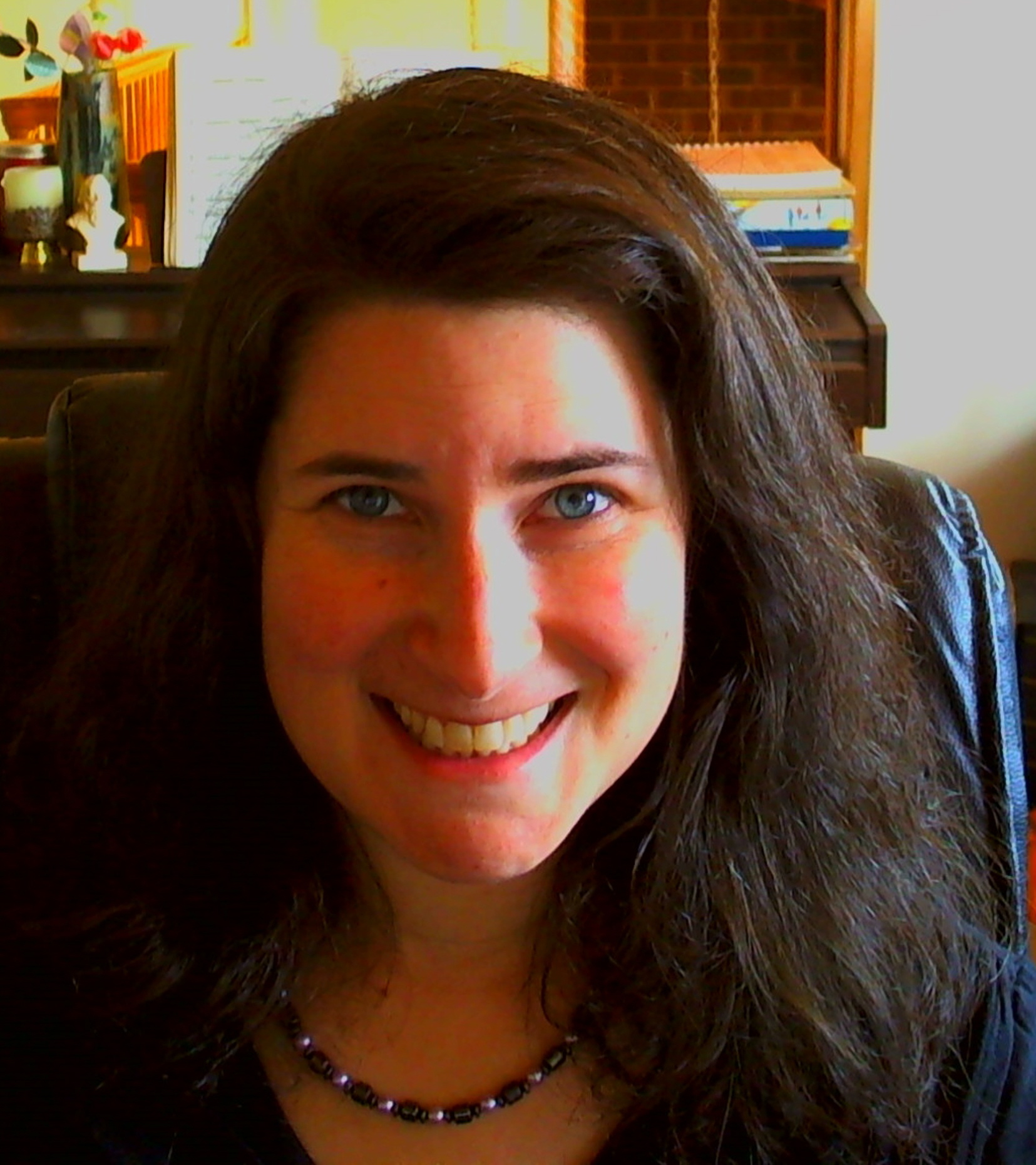On June 20th, my audience development colleague, Roger Tomlinson, created a summation post regarding the current political stances for the funding of the arts in the UK. Arts funding in the UK is being challenged by politicians with the argument that the arts are currently not accessible enough to everyone. Roger also makes the case that funding for audience development is needed to ensure that artists and arts organizations can properly build diverse and inclusive audiences. As he states, “I just hope they invest in the arts to deliver this, and defend arts education.”
I rather would like to consider this to be a “wake up call” for our entire world! If we want to build inclusive audiences, we need to invest in audience development.
The following is his post in entirety (with his permission). Please feel free to comment and Disqus!
***********************
Juxtapositions are always intriguing:
“A lot of people who are paying to support culture through their taxes and lottery tickets seem to think that consuming it is simply not for them. That the work they subsidise is for other, richer people.” That’s Sajid Javid, the UK’s new Culture Secretary in his first speech on Friday 6 June, at St George’s in Bristol.
“It is every child’s right to open up and explore their artistic and creative potential which should be a journey which goes on for the rest of their life…How, then, can we accept a situation where some get that opportunity and others do not? How can we tolerate cultural exclusion?” That’s Harriet Harman, the Labour Shadow Culture Secretary the following Monday, in her speech on the arts and young people at the Roundhouse in London.
Harriet Harman went on to say “we must have state support through public funds for the arts. It cannot be left to the private market or philanthropy. But there is a democratic imperative for the arts to show why the hard-pressed tax payer – struggling with the cost of living crisis – should fund the arts.” Like Sajid Javid, Harriet Harman made the point about who the arts was actually reaching: “when I went to the Opera House last week – even from the cheapest seats in the house – I couldn’t see in the audience anyone who wasn’t like myself – white, metropolitan and middle class. For institutions which get public funds, it can’t be like that. To change audiences, there has to be committed, focused intervention.”
Sajid Javid: “I want you to make what you do accessible to everyone. That doesn’t mean striving for popularity and aiming for the lowest common denominator. It means ensuring that everyone in the UK has the opportunity to engage with our artists and actors, our history and heritage.
It means giving everyone a chance to develop their own cultural tastes. Never forget that every penny of taxpayer support and lottery cash that goes to culture has been provided by hard-working people from every community in the UK. Communities like the one I grew up in, just a couple of miles from where we are this morning. My family lived on a road that has been described as “Britain’s most dangerous street”. And for a bus driver’s son in that world, the idea of popping along to the Donmar Warehouse – or even the Bristol Old Vic – to take in a cutting-edge new production was simply not on the agenda. It wasn’t what people like me, people from my background did.”
As an aside, can I say that the Opera House and Bristol Old Vic references are not entirely fair. Both have accessible prices and do outreach work, and I know for a fact of working class people, who, through education, became young arts lovers, and young attenders at both venues. It is very hard to tell class from looking at an audience. However, the ethnic minority points are correctly made.
So we have two key politicians on opposite sides of the spectrum setting out the case for audience development as a principle of public subsidy and expecting what Arts Council England has referred to as ‘representative audiences’ in one of its definitions of audience development. I just hope they invest in the arts to deliver this, and defend arts education.
Harriet Harman in her speech did emphasise that education was central to the appreciation of the arts and its impact on young people’s lives. Sajid Javid made the point that from his arts education “I didn’t have to have credentials to be able to see it and feel it and respond to it. It’s a sensation I’ve felt many times in the years that followed, including in my period so far as Secretary of State…There are still far too many people in our country who are effectively excluded from what should be our shared cultural life.”
I am choosing to see these as very positive statements to help the arts reach out to the widest public. I say this while the Arts Council makes frankly bizarre arguments about the Rebalancing Our Cultural Capital and the PLACE reports on the arts and Lottery funding to the Culture Media and Sport Select Committee, welcoming the facts and the arguments but then dissing them. And I hope Peter Bazalgette, ACE Chair did not put up Rupert Christansen to argue in the Daily Telegraph that “It would be the most naïve and counter-productive form of paternalism to invest big money in a predominantly rural or working-class area”.
To counter that, I repeat the argument of Theresa Heskins, artistic director of Stoke’s New Vic theatre, the only ACE National Portfolio Organisation in the whole of Staffordshire, that lack of provision rather than lack of interest leads to low participation in many rural and working class areas. “When I first came to Stoke I felt it had been overlooked or even abandoned,” said Theresa Heskins. There is a good report from a-n on this.
Since my first professional job in marketing was at the ‘old’ Vic in Staffordshire, I understand her point. The Artistic Director then was very clear that he wanted ‘representative audiences’ and the audience that attended was not an accident, but the product of our marketing practices. Like Joan Littlewood, Peter Cheeseman, and many others have been very clear about reaching the widest audiences by all means. The role of government in arts education remains crucial, opening the door to arts appreciation, releasing and enabling creativity, and arts organisations need to appreciate that it is they who need to make sure that everyone is genuinely welcome and included.
Intriguing that these two politicians should choose the same wake up call.
**************************************
Cheers to happy and loyal audiences,
Shoshana
Tip of the Week goes out tomorrow! Join us!




